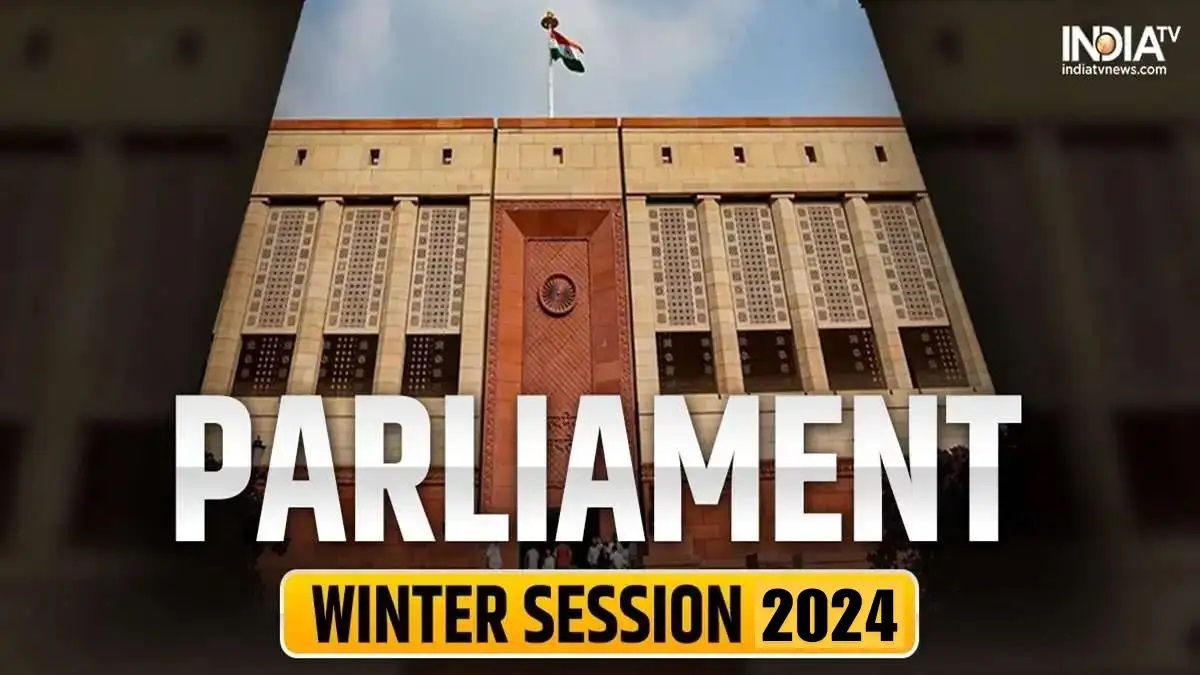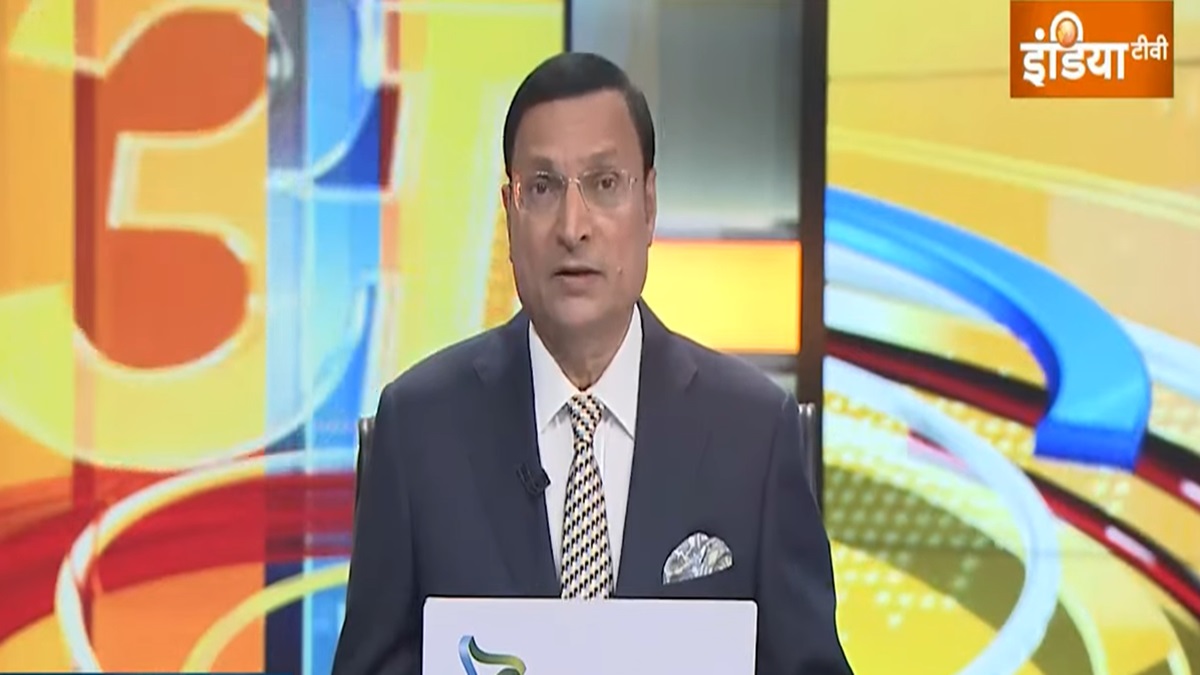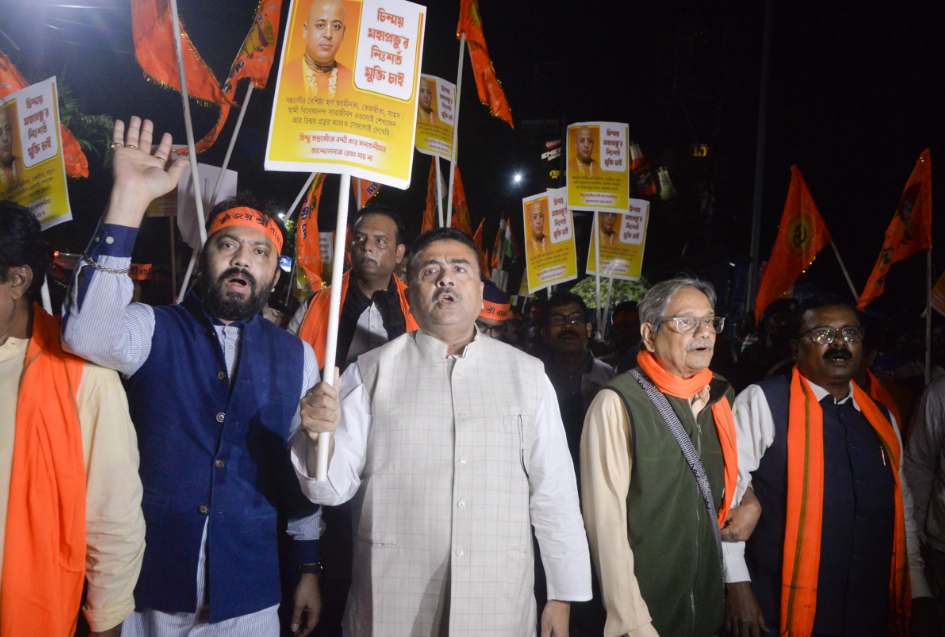
Problematic resolution: The Hindu Editorial on the EU Parliament and Manipur
The HinduIn an interconnected world, a government that seeks greater economic integration and promotes itself as the representative of a nation committed to democratic, liberal and plural values and the rule of law, cannot dismiss scrutiny by like-minded nations with which beneficial ties are sought. India’s dismissal of the EU Parliament’s resolution on the violence in Manipur as reflecting a colonial mindset and tantamount to interference in internal affairs, was therefore predictably petulant and in line with similar reactions to scrutiny by lawmakers in the United States, for instance. Just as Indian politicians have the right to express their concerns with issues such as attacks on Hindu temples in Australia or racial prejudice in the U.S. or anti-immigrant violence and government response in Europe, their counterparts in the EU Parliament are well within the realms of propriety in questioning actions in Manipur. Yet, the EU Parliament resolution and the legislators’ framing of the problem in Manipur include an erroneous understanding of the conflict having a religious basis and a pitting of Hindus versus Christians. The Naga community, also predominantly Christian by denomination, and its representatives were also aggrieved by the decision but the ethnic violence has been limited to actions by militants belonging to the Kuki-Zo and the Meitei communities and exacerbated by an ethnic polarisation that reconciliatory efforts by civil society have still to undo.
History of this topic

Welcome spotlight: On the Supreme Court directive to Manipur government
The Hindu
Shadow of Manipur violence hangs over BJP’s prospects in Thrissur
Hindustan Times
Supreme Court issues directions for places of worship in Manipur
Hindustan TimesViolence in Manipur has been caused by the expansion of Hindutva to north-eastern India, says social activist
The Hindu
Playing out a farce: The Hindu Editorial on government and legislature functioning in Manipur
The Hindu
Festering wounds: On Manipur’s elusive peace
The Hindu
Opinion: Solution to the politics of hatred and the folly of last century
India Today
Supreme indictment: on Manipur crisis and the Supreme Court of India’s censure
The HinduIndia’s Modi breaks silence over ethnic violence in Manipur after a video shows mob molesting women
Associated Press
the french connection - The Hindu
The Hindu)
European Parliament adopts resolution on human rights in India
Firstpost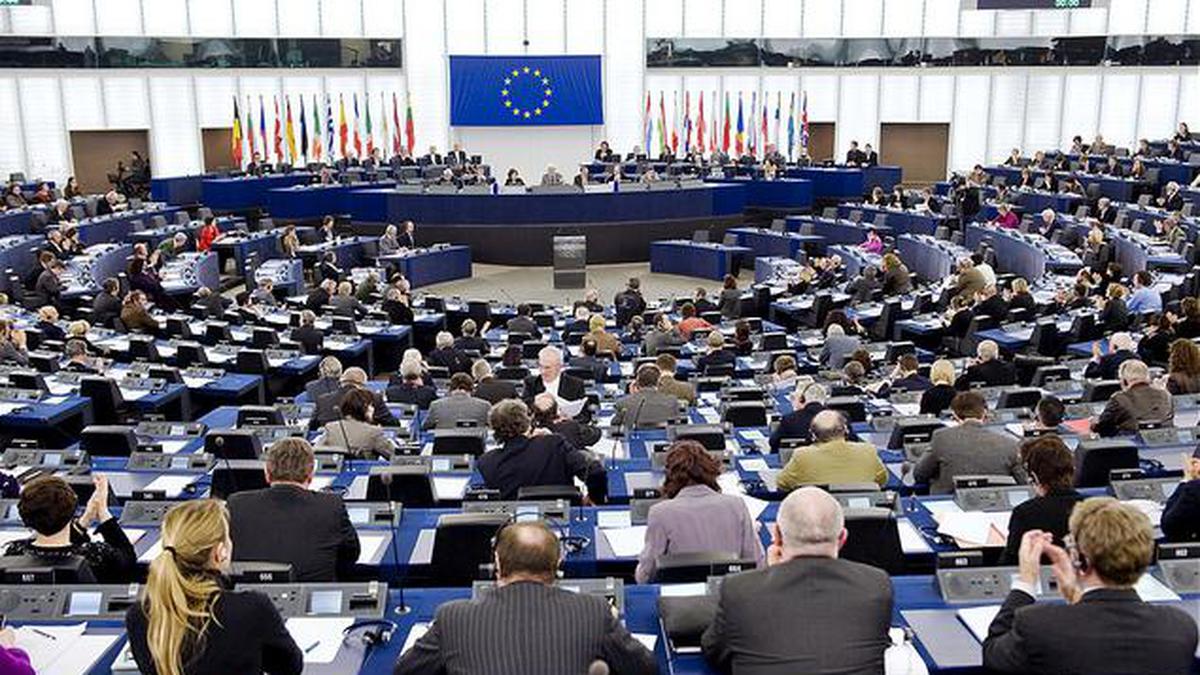
European Parliament asks India to act promptly to end Manipur violence
The Hindu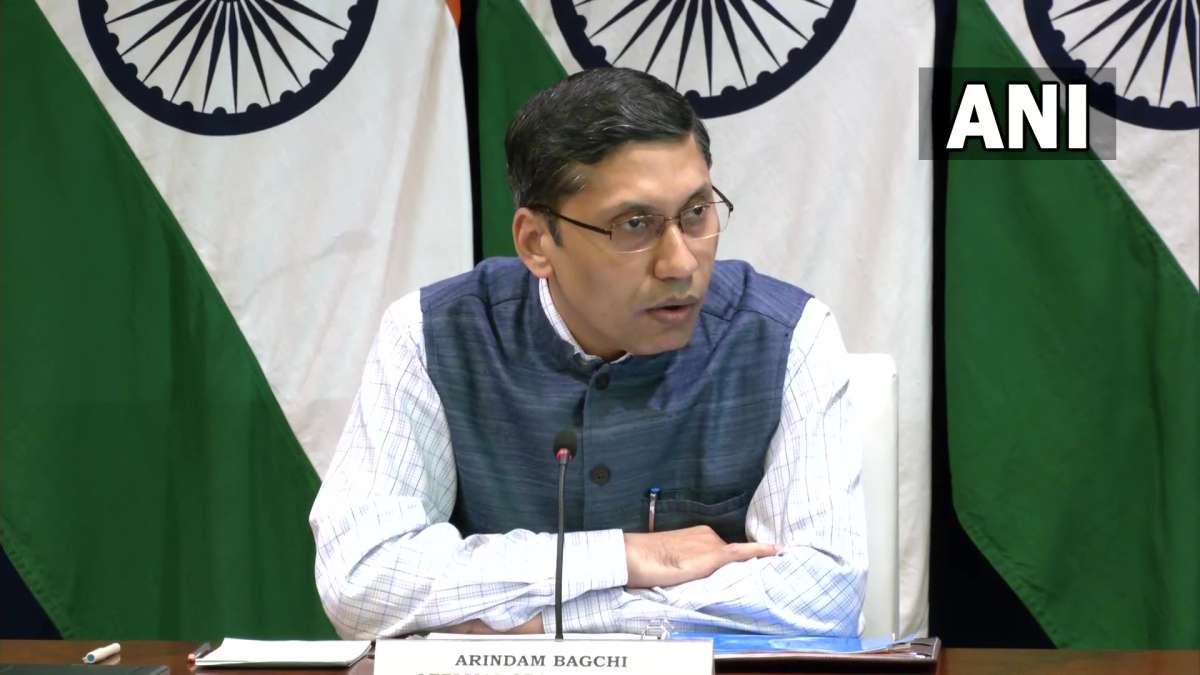
India fumes as EU parliament holds discussion on Manipur violence; dubs it 'entirely internal matter'
India TV News
Government rejects EU parliament move to discuss Manipur situation
The Hindu
‘Internal matter’: India responds to European Parliament plan to discuss Manipur
Hindustan Times
The next step: The Hindu Editorial on Manipur and the path to normalcy
The Hindu
Ethnic quagmire: The Hindu Editorial on the Manipur violence
The Hindu
Northeast Christian forum anguished by Manipur unrest
The HinduDiscover Related

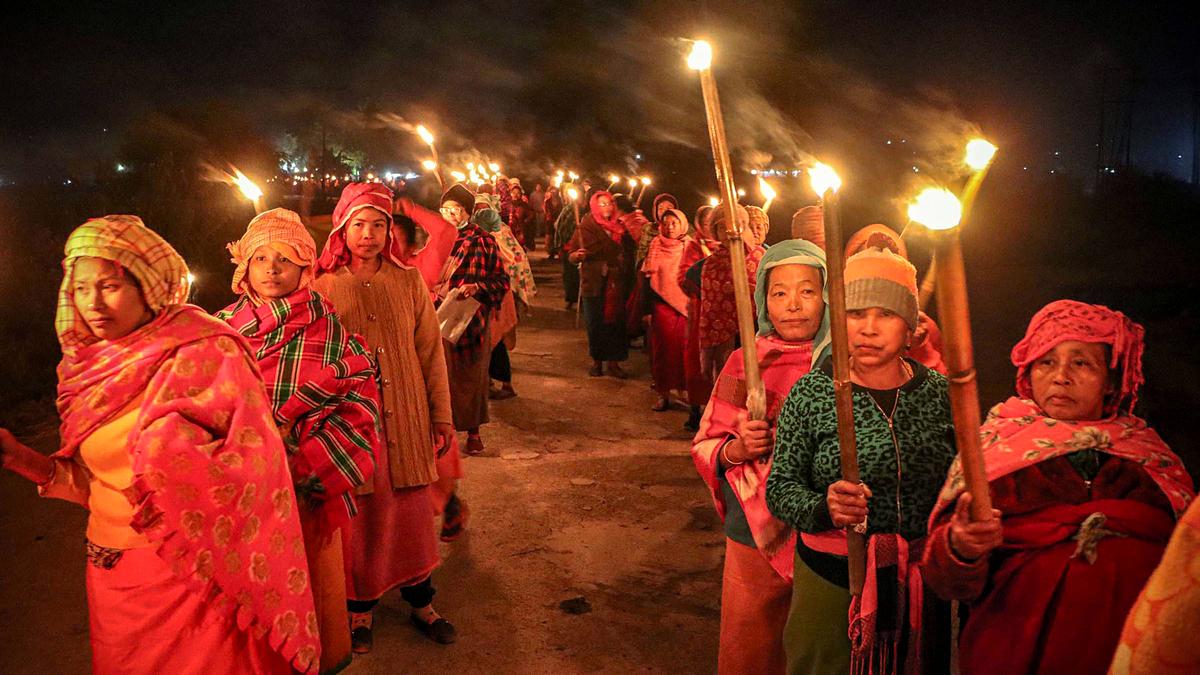

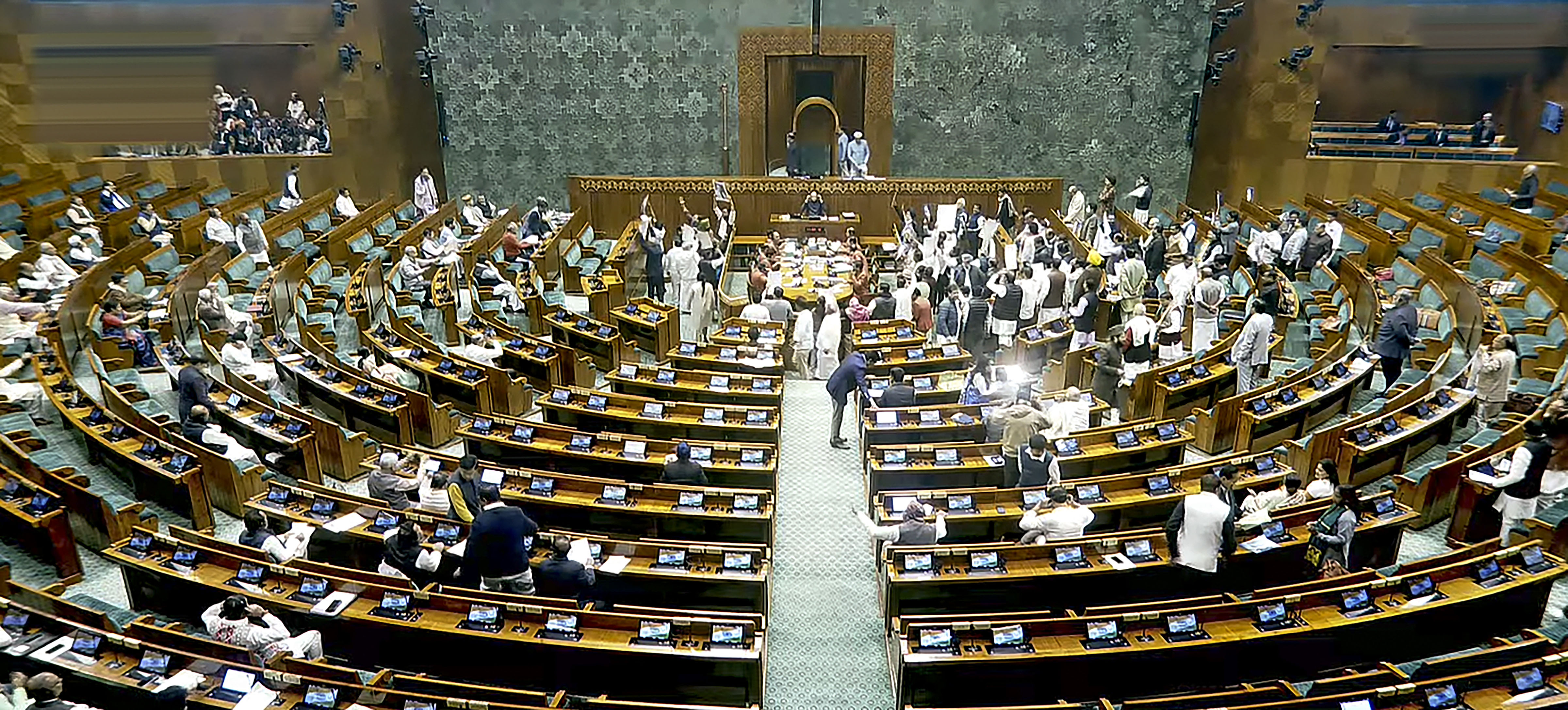
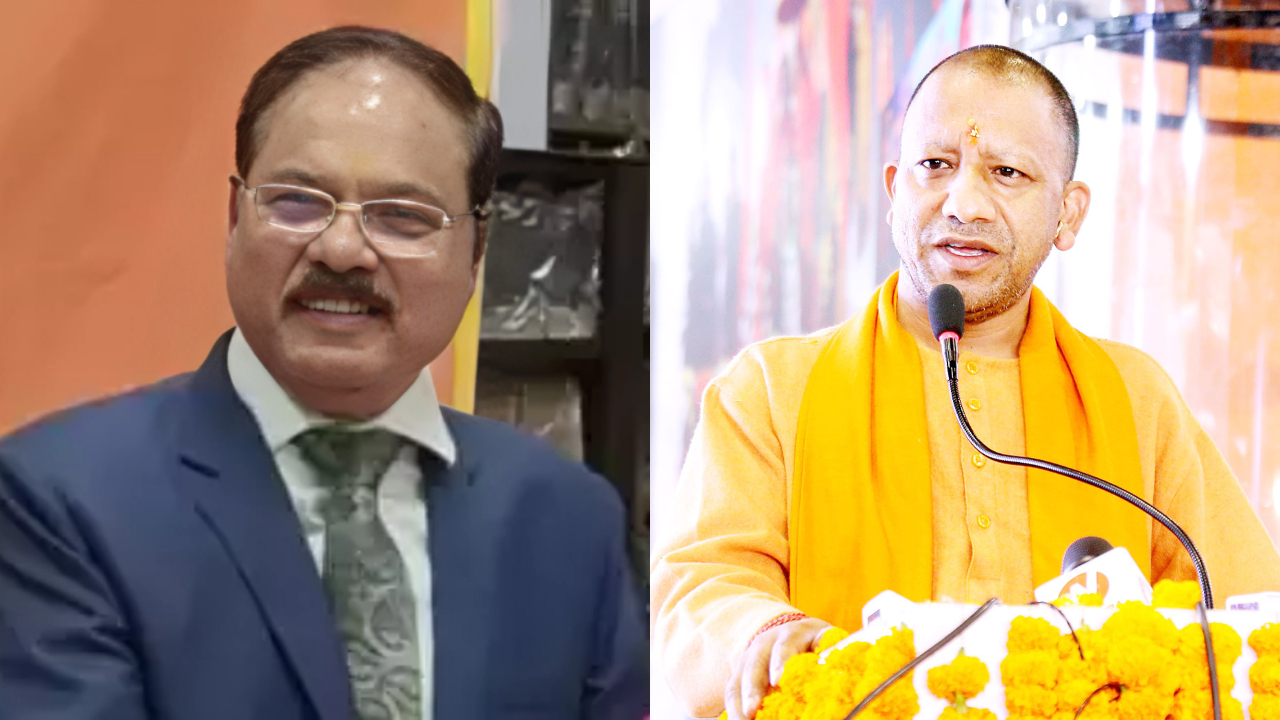
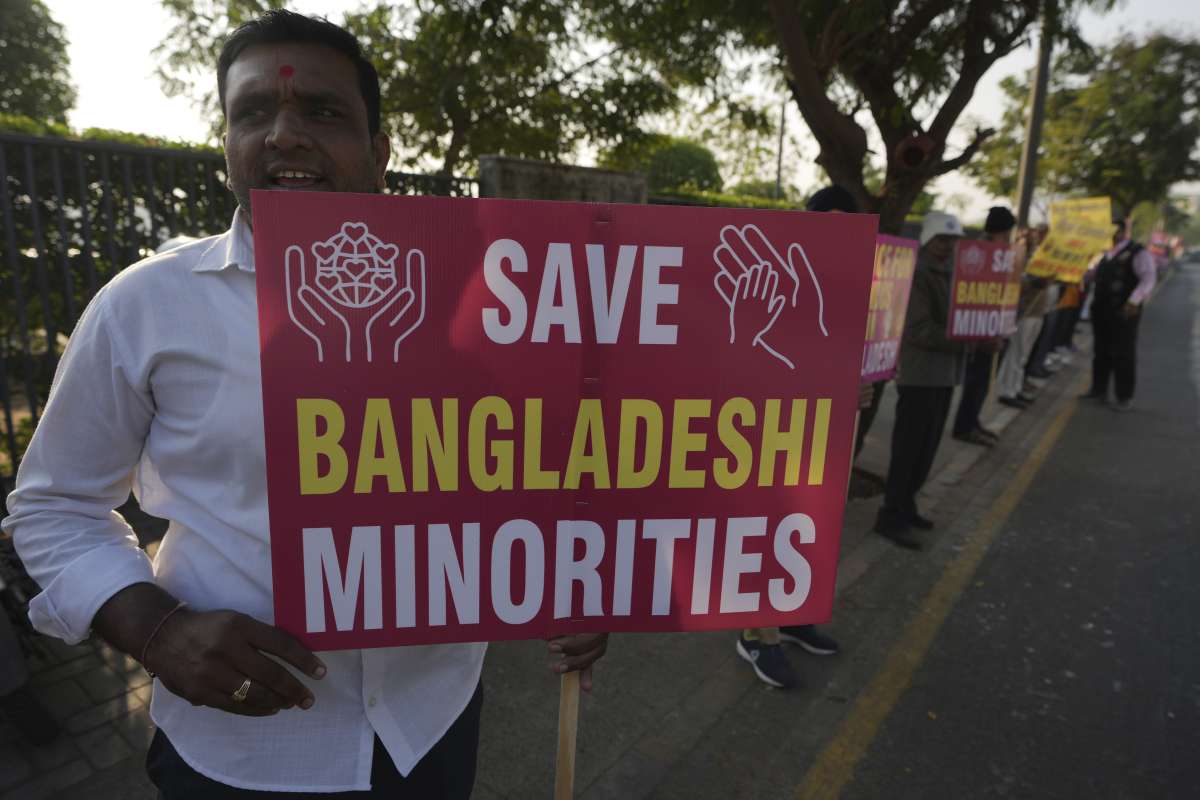


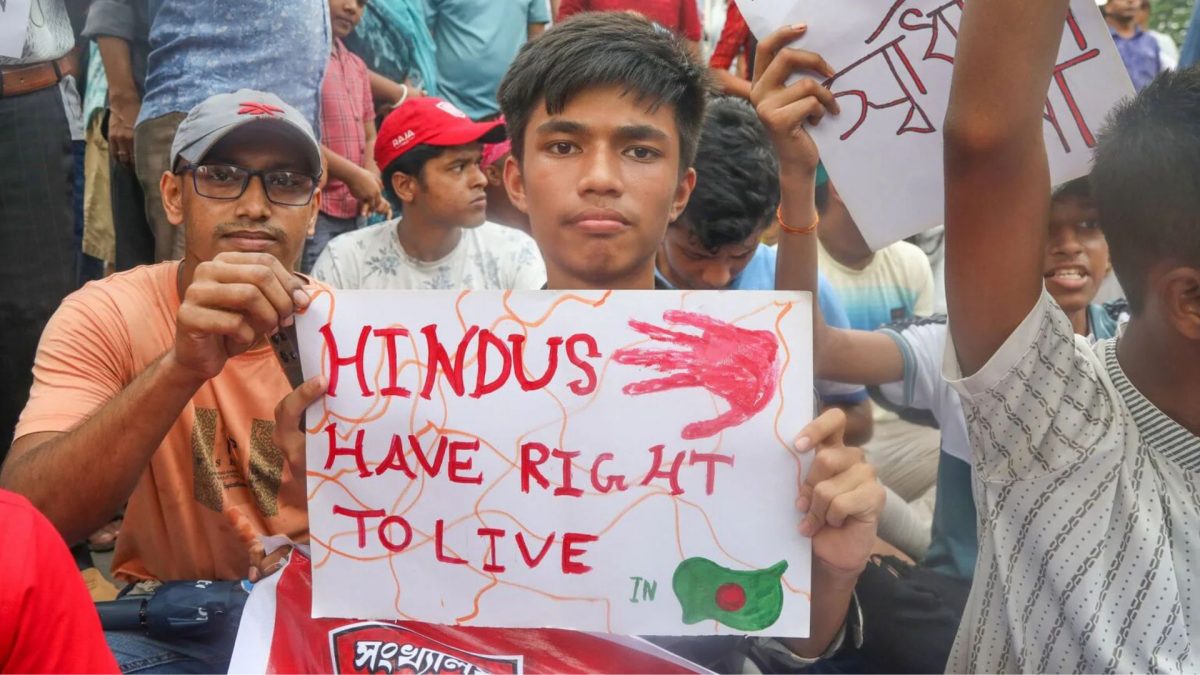)
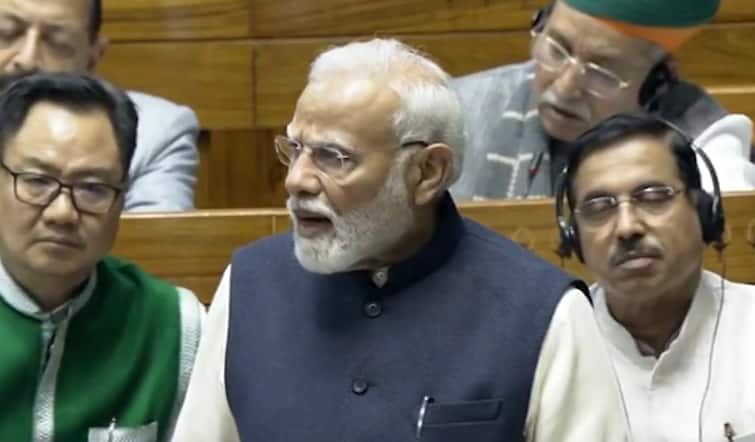



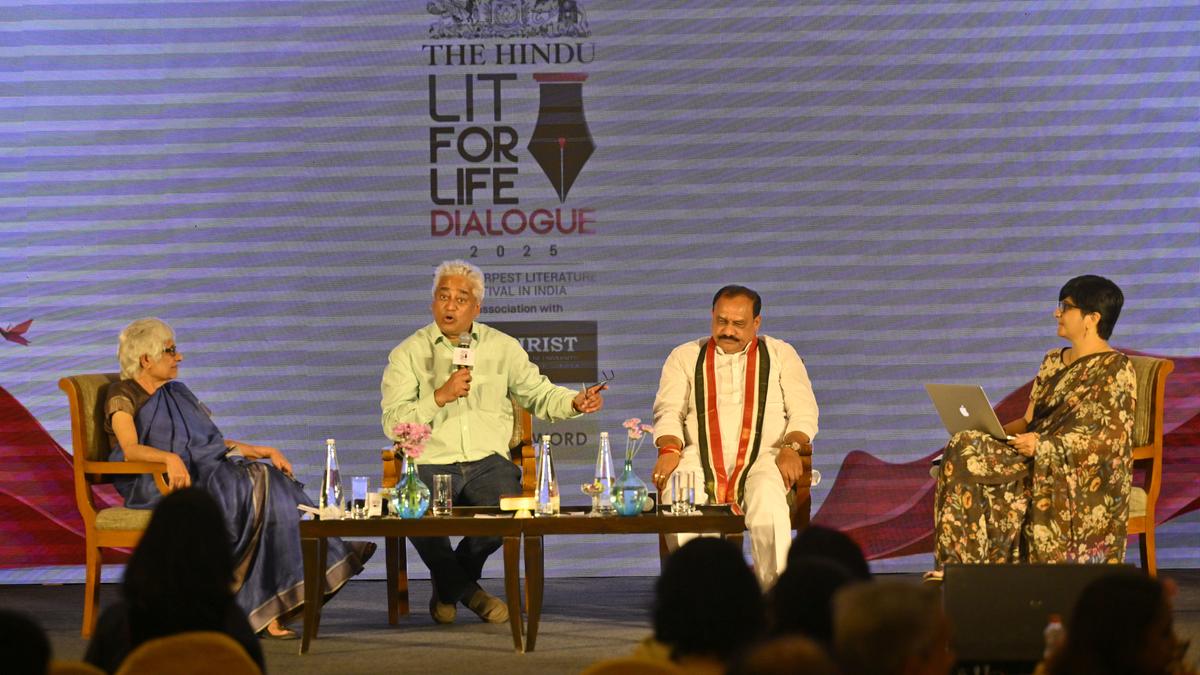






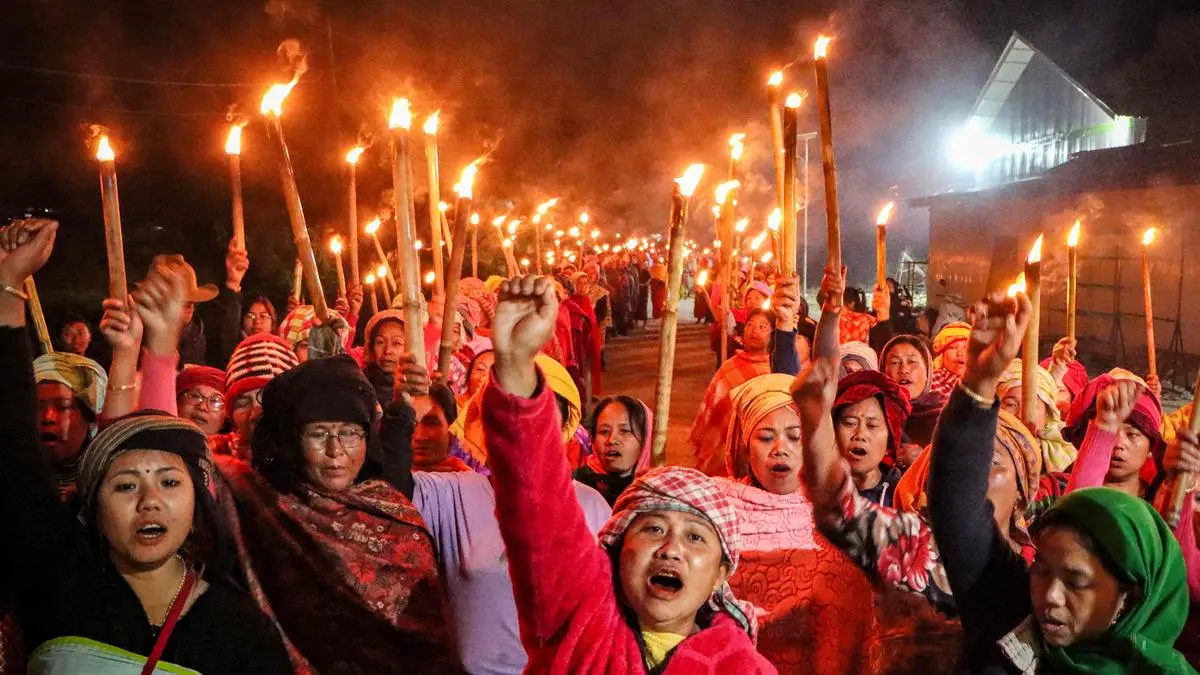

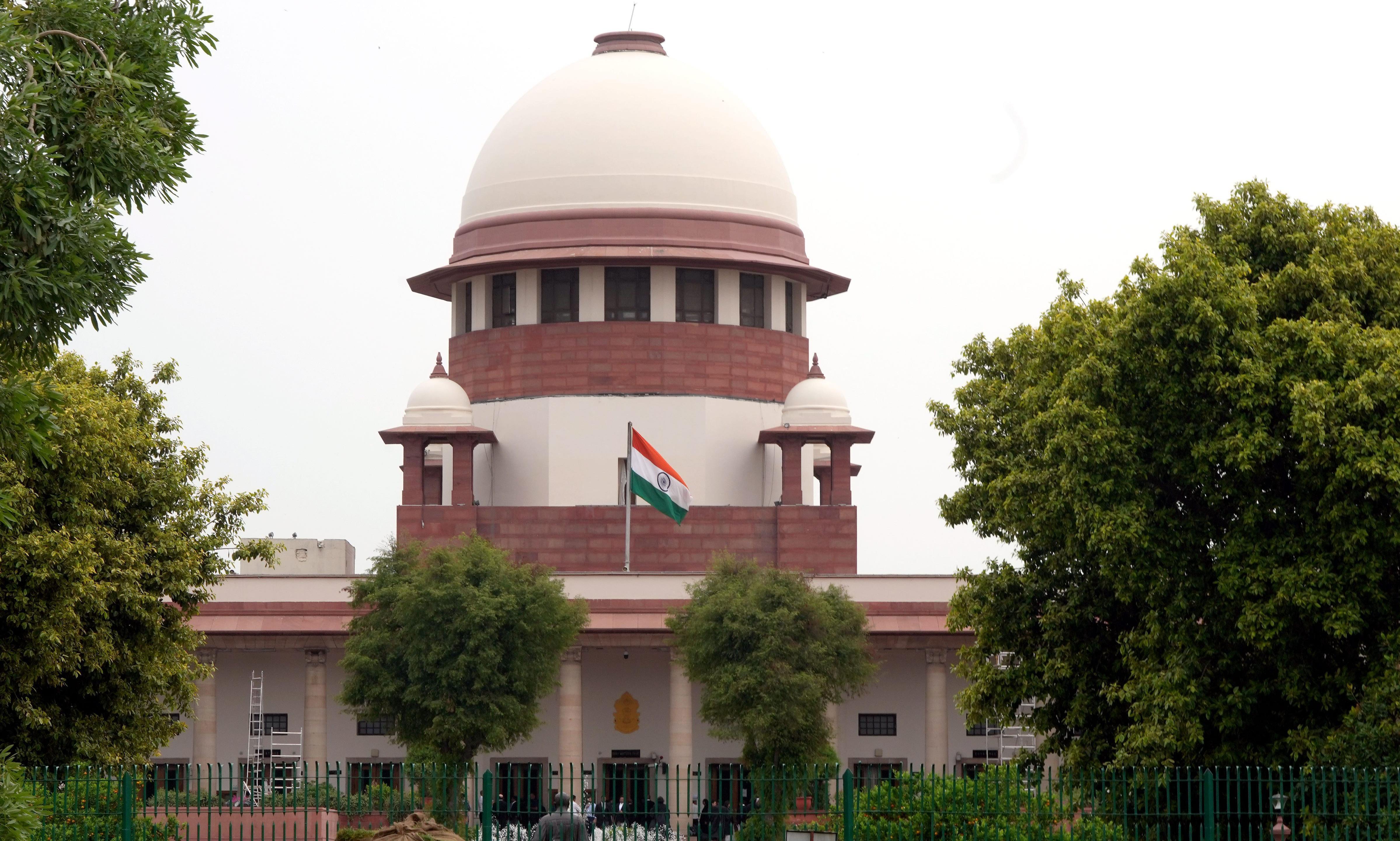
Manipur violence: SC asks state to provide details on arson, encroachments of properties
Deccan Chronicle


)




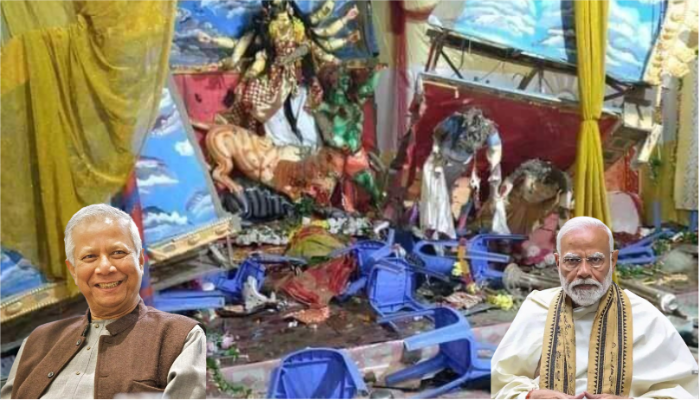


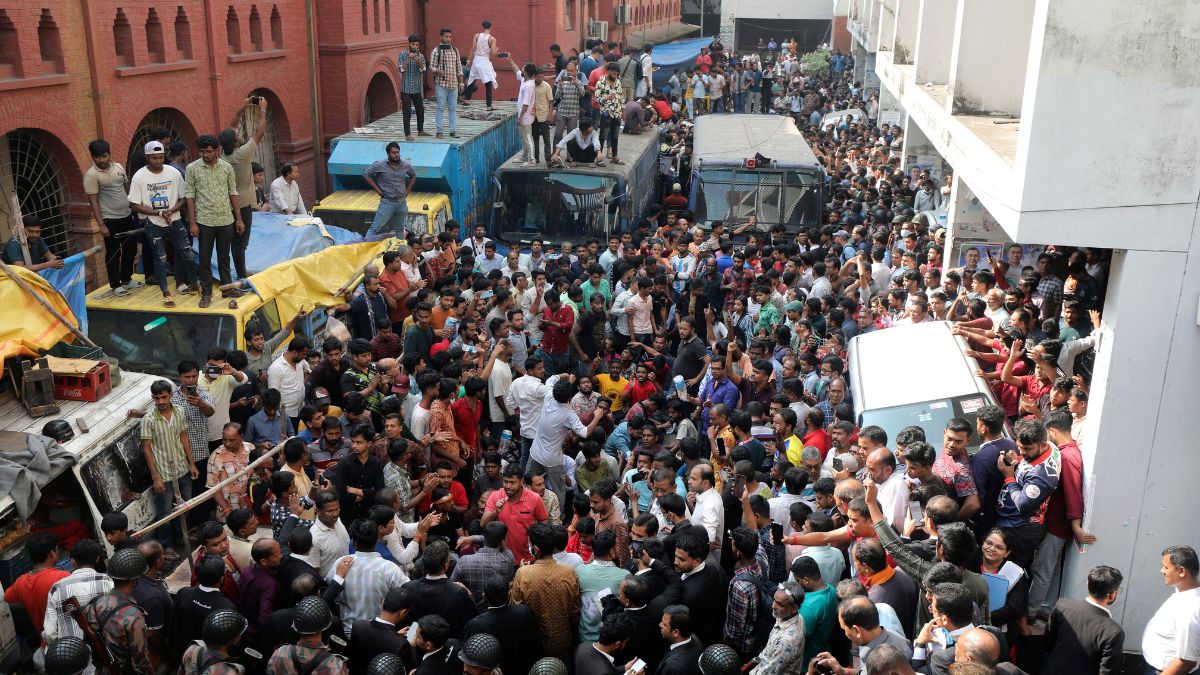)
